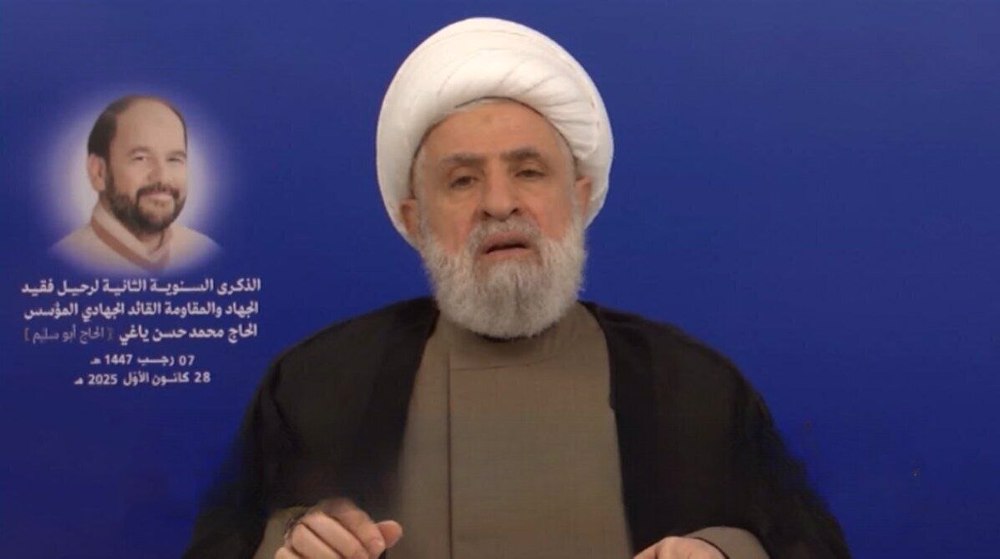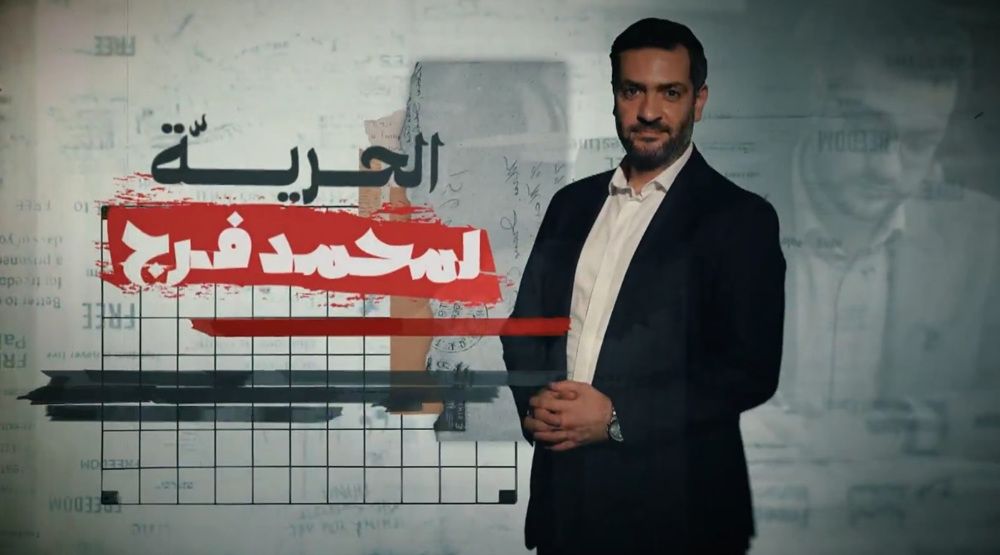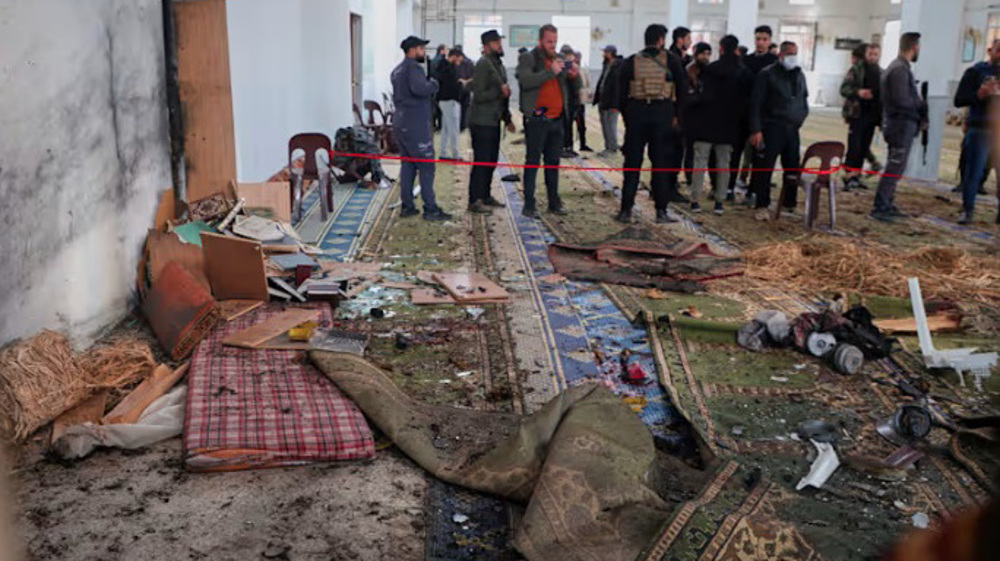Lebanon's PM-designate vows reforms in crisis-hit Arab country
Lebanon's newly-designated prime minister Mustapha Adib has vowed to swiftly launch a reformist government to address the acute economic and political crisis in the country, which were worsened following a massive Beirut blast earlier this month.
In a televised speech after his nomination, Adib said on Monday there "was no time for words, promises and wishes," pledging instead to enact swift reforms long demanded by the Lebanese people.
There is "a need to form a government in record time and to begin implementing reforms immediately, starting with an agreement with the International Monetary Fund."
Lebanon earlier this year planned to seek International Monetary Fund aid after approving an economic rescue plan setting out vast losses in its financial system. Many are skeptic that the IMF conditions will only make things worse.
A relatively unknown 48-year-old diplomat, Adib, is a close aide to former premier Najib Mikati. He had also served as Lebanon’s ambassador to Germany since 2013.
His appointment was confirmed on Monday by President Michel Aoun, after he received the support of a majority of members of Lebanon’s parliament to succeed Hassan Diab, who resigned as prime minister following Beirut’s blast.
Under a power-sharing agreement that ended the 1975-1990 civil war in Lebanon, the prime minister must be a Sunni Muslim, the president a Maronite Christian and the parliament speaker a Shia Muslim.
Adib was also spotted on Monday touring the Gemmayzeh neighborhood, which was hard hit by an August 4 Beirut explosion. The PM-designate met with volunteers spearheading relief efforts, telling them he wanted the state to work with them in rebuilding Beirut.
Diab’s government resigned after the devastating explosion at a port in Beirut that killed at least 188 people and wounded thousands.
The blast took place amid public anger over the ruling elite’s mismanagement of an economic crisis. The Lebanese pound has continued to plummet against the US dollar, losing more than 60 percent of its value over the last weeks while sources of foreign currency have dried up.
Observers say American sanctions on Lebanon have deteriorated its already struggling economy.
Lebanon started IMF talks in May, but they have since hit a wall due to external interference.
French President Emmanuel Macron is due to return to Lebanon, after his previous visit to the country that followed the blast and sparked outrage among the Lebanese.
Macron, whose country witnessed months-long and nationwide anti-government protests by Yellow Vests over economic injustice in 2018 and 2019, used a provocative colonial tone in his visit, calling for political and economic reforms in Lebanon.
Iran condemns Trump’s ‘grave and explicit’ threats, urges UN action
Israel bans over 30 aid groups in Gaza under new registration rules
VIDEO | Sudanese refugees build new life in Ethiopia
The Year That Was: Pro-Palestine campaigns that disrupted US-Israeli war machine in 2025
‘You may be surprised’: Iran’s top legislator warns enemies about scope of future defensive measures
VIDEO | Press TV's news headlines
VIDEO | Tunisians reject Israel’s recognition of Somaliland
VIDEO | Tunisians react emotionally to Abu Obeida’s martyrdom











 This makes it easy to access the Press TV website
This makes it easy to access the Press TV website